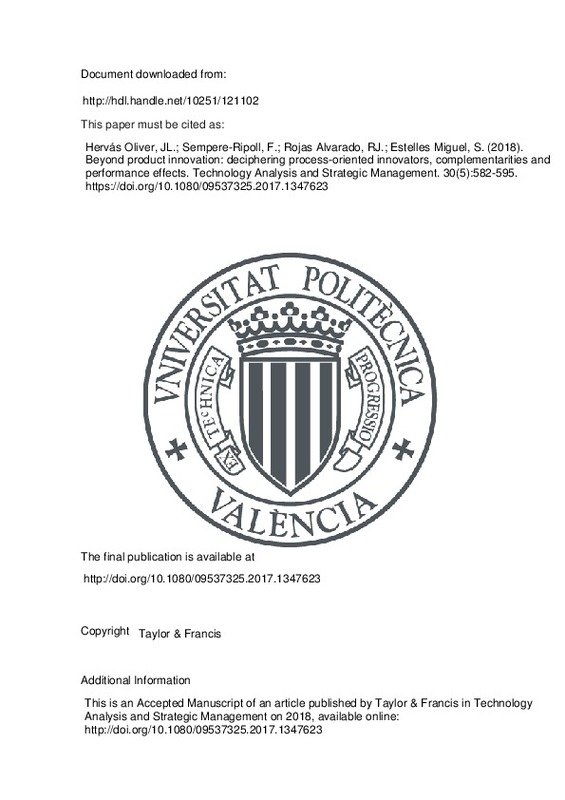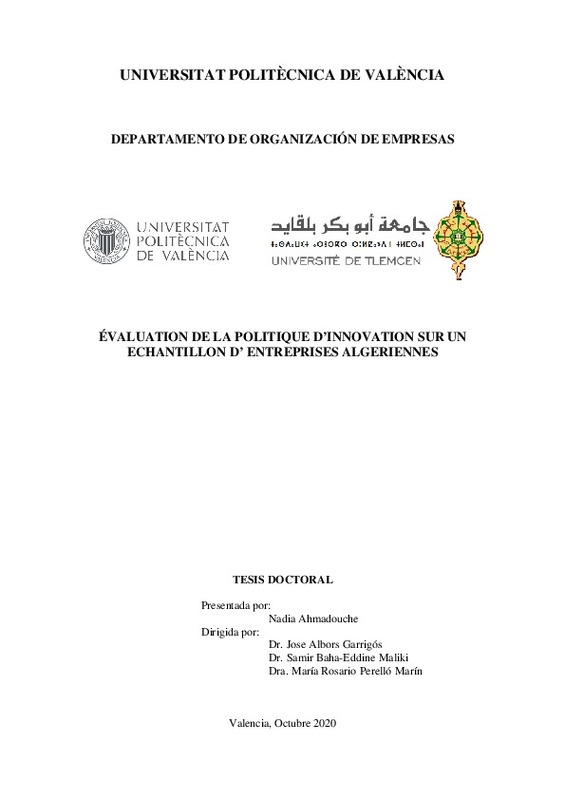JavaScript is disabled for your browser. Some features of this site may not work without it.
Buscar en RiuNet
Listar
Mi cuenta
Estadísticas
Ayuda RiuNet
Admin. UPV
Organizational learning capability and open innovation
Mostrar el registro completo del ítem
Peris-Ortiz, M.; Devece Carañana, CA.; Navarro-García, A. (2018). Organizational learning capability and open innovation. Management Decision. 56(6):1217-1231. https://doi.org/10.1108/MD-02-2017-0173
Por favor, use este identificador para citar o enlazar este ítem: http://hdl.handle.net/10251/134316
Ficheros en el ítem
Metadatos del ítem
| Título: | Organizational learning capability and open innovation | |
| Autor: | Navarro-García, Antonio | |
| Entidad UPV: |
|
|
| Fecha difusión: |
|
|
| Resumen: |
[EN] Purpose The purpose of this paper is to investigate the relationship between open innovation (OI) and radical and incremental innovation success in knowledge-based companies. The company's human resources and ...[+]
|
|
| Palabras clave: |
|
|
| Derechos de uso: | Reconocimiento - No comercial (by-nc) | |
| Fuente: |
|
|
| DOI: |
|
|
| Editorial: |
|
|
| Versión del editor: | https://doi.org/10.1108/MD-02-2017-0173 | |
| Tipo: |
|






![PDF file [Pdf]](/themes/UPV/images/pdf.png)
![[Cerrado]](/themes/UPV/images/candado.png)




